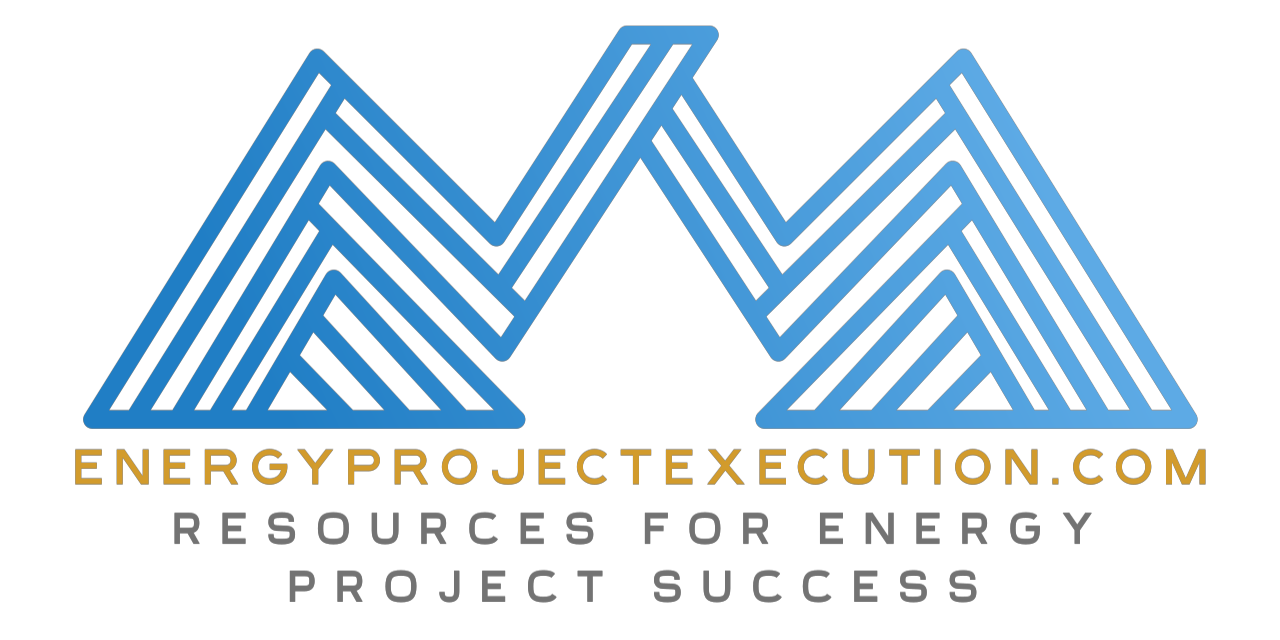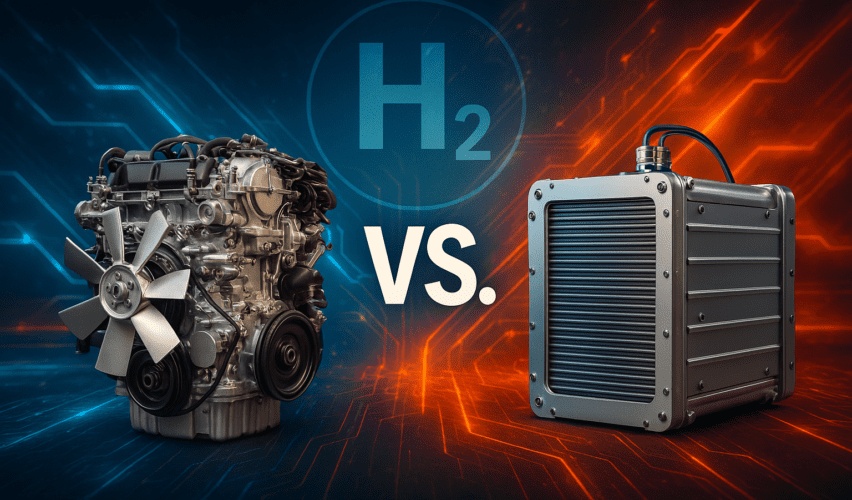Hydrogen Combustion Engines vs. Hydrogen Fuel Cells
Hydrogen combustion engines and hydrogen fuel cells represent two promising pathways for leveraging hydrogen as a clean energy source, each suited to different use cases based on infrastructure, cost, emissions, and efficiency. This comparison explores their technologies, pros and cons, market trends, and key considerations for deployment in industrial, transportation, and energy sectors
Building a Smarter Grid: Overcoming Barriers to Renewable Energy Integration
Integrating renewable energy into existing electrical infrastructure requires innovative technologies like AI-driven grid management, hydrogen energy storage, and quantum computing to enhance stability, efficiency, and resilience. This article explores key challenges, emerging solutions, and market mechanisms driving the transition toward a smarter, more sustainable electrical grid.
Energy Storage Solutions: Bridging the Gap Between Supply and Demand
Energy storage solutions are essential for integrating renewable energy sources like wind and solar by mitigating intermittency, enhancing grid reliability, and optimizing energy efficiency. As technology advances and costs decline, energy storage is becoming a key driver in the global transition toward a more resilient and sustainable energy system.
The Role of Value Engineering in Construction Projects
Value engineering (VE) is a systematic approach that enhances construction project efficiency, functionality, and cost-effectiveness without compromising quality. By focusing on optimizing materials, processes, and designs, VE fosters innovation, sustainability, and stakeholder collaboration, ultimately delivering high-performance and value-driven outcomes.





